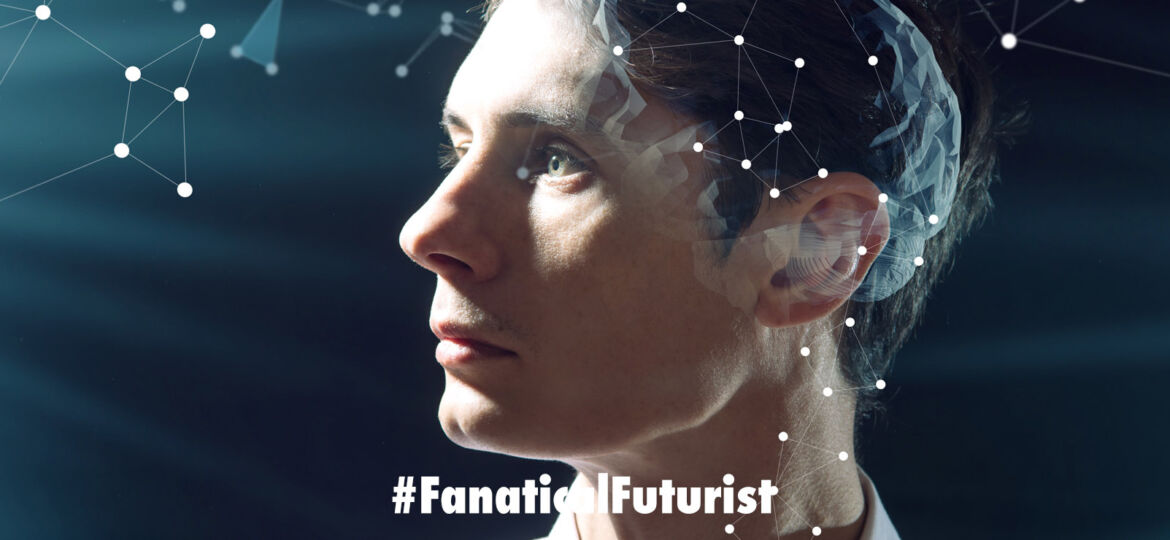
WHY THIS MATTERS IN BRIEF
AGI is the point at which machines intelligence, and intellectual capabilities, match and exceed that of humans, bringing about the most significant change in human history.
 Interested in the future and want to experience even more?! eXplore More.
Interested in the future and want to experience even more?! eXplore More.
Last year Google DeepMind released the world’s first blueprint for Artificial General Intelligence (AGI), a revolutionary type of AI that would rival and arguably surpass human intellect and intellectual capability and change human society forever, and then followed it up by demonstrating what could very well turn out to be the world’s first very basic AGI, an AI called “Impala” that unlike its modern day narrow minded AI cousins, that can only do one thing well, could do over thirty things at once – albeit in a video game simulation. And now Microsoft has announced they are investing $1 billion in OpenAI, a San Francisco-based research lab founded by Silicon Valley luminaries, including Elon Musk and Sam Altman, who are also on a drive to make AGI a reality – sooner rather than later.
The investment will make Microsoft the “exclusive” provider of cloud computing services to OpenAI, and the two companies will work together to develop new technologies. OpenAI will also license some of its tech to Microsoft to commercialise, though when this may happen and what tech will be involved has yet to be announced.
OpenAI began as a non-profit research lab in 2015 and was intended to match the high-tech R&D of companies like Google and Amazon while focusing on developing AI in a safe and democratic fashion. But earlier this year, OpenAI said it needed more money to continue this work, and it set up a new for-profit firm to seek outside investment.
To attract backers, OpenAI has made outrageous promises about the potential of its technology, but then again, given its track record so far, of creating world class strategy AI’s, insanely dangerous fake news generators, the world’s most dexterous robot hand, and even self-learning AI’s – even if the latter did happen by accident – they might be justified in being bold. Altman, who became CEO of the new for-profit OpenAI, has said that if the lab does manage to create AGI, it could “maybe capture the light cone of all future value in the universe.”
In order to restrain the greed of investors, OpenAI operates as a capped-profit entity, meaning anyone who puts in money can only expect returns 100 times their investment. That’s not offering “all future value” in the universe, but it’s not pocket change either. Exactly what terms Microsoft and OpenAI have agreed on with this $1 billion investment isn’t clear.
Altman’s confidence in OpenAI comes from his belief in AGI. This has been the holy grail of the field of AIfor decades, and it refers to an AI system that is as flexible and generally intelligent as a human being.
Right now, researchers are able to create AI software that is superhuman in specific domains, like playing certain board games or analyzing medical scans, but these systems are unable to transfer that competency from one task to another in the same way we humans can. As Facebook AI chief Yann LeCun put it: when it comes to AGI, we can’t even build something as smart as a rat.
When exactly researchers might be able to create AGI — and whether it’s even possible — is a topic of lively debate in the community. In a recent survey of some of the field’s leading experts, the average estimate was that there was a 50 percent chance of creating AGI by the year 2099 – and that’s in spite of DeepMind’s. breakthrough last year, which, admittedly is only one small step on the long journey to creating the world’s first true AGI. And while OpenAI’s achievements so far have been amazing, none of them get close to creating the step change that’s needed to create a true AGI. Meanwhile, other researchers have bemoaned OpenAI’s hyperbole and questioned whether its switch to for-profit research undermines its claims to be “democratizing” AI.
In a statement, Microsoft CEO Satya Nadella said the partnership would keep “AI safety front and center” so that “everyone can benefit.” Altman stressed that safety and spreading the “economic benefits” were key concerns.
“The creation of AGI will be the most important technological development in human history, with the potential to shape the trajectory of humanity,” said Altman. “Our mission is to ensure that AGI technology benefits all of humanity, and we’re working with Microsoft to build the supercomputing foundation on which we’ll build AGI.”

















[…] team of more than 30 OpenAI researchers, who recently received a $1 Billion grant from Microsoft to create the world’s first Artificial General Intelligence, have released a […]